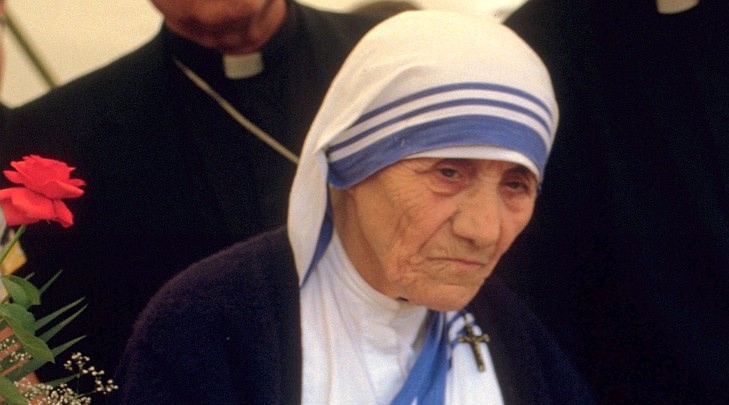
Mother Theresa’s Charity Has to Stop Adoptions in India
Stanley Carlson-Thies
Missionaries of Charity, the charity started by Mother Theresa, ended its adoption services in India in October, 2015, in response to new procedures designed by the Indian government to expand adoptions. Those procedures, described by the government as implementing “a uniform secular agenda,” conflict with the faith-informed decisions the Missionaries of Charity think vital in the best interests of children needing new families.
According to a Washington Post report, India had a cumbersome adoption process, contributing to the nation’s “woefully low adoption rates”: India has anywhere from 16 million to 30 million orphans but in 2014 there were only some 2,500 adoptions! The new adoption process features a centralized automated database that matches prospective families with children. Will they be the best families for those children?
A Missionaries of Charity spokeswoman cast doubt on the new system. “Children need both parents, male and female,” she said. Thus, [w]e do not wish to give children to single parents or divorced people.” This is “not a religious rule but a human rule.” To the government, though, this kind of decision-making simply impedes adoptions. A unified system that does not make such distinctions will speed up the adoption process.
Is there no way to better coordinate the distinctive practices of various private agencies, so that the only choices were continued long wait times and low adoption rates or else the new, streamlined, “uniform, secular” system? Determining the best interest of the children is not a neutral or simple matter, and recruitment of adoptive families may well best be done by diverse agencies that can appeal to different parts of the diverse Indian society.
